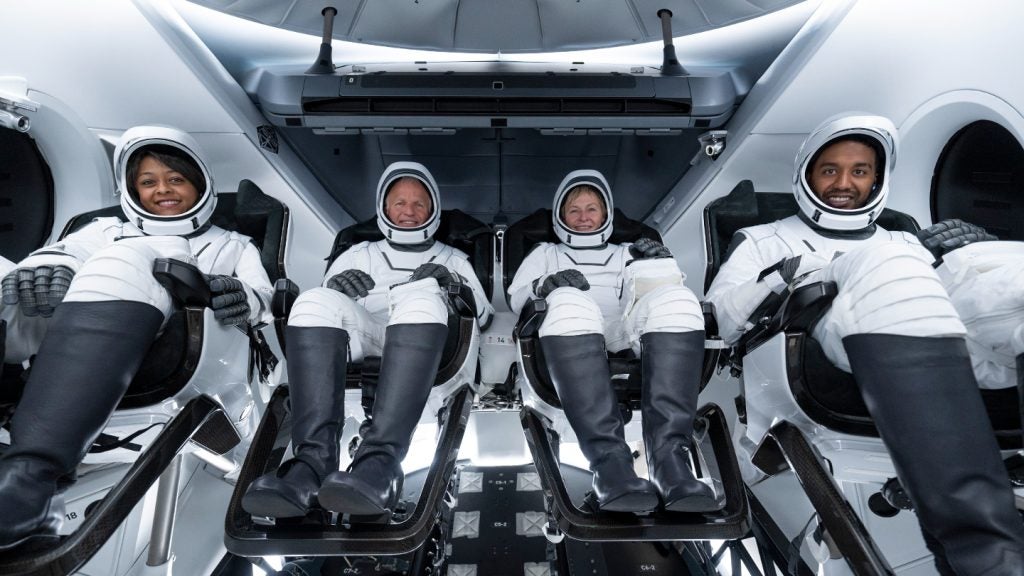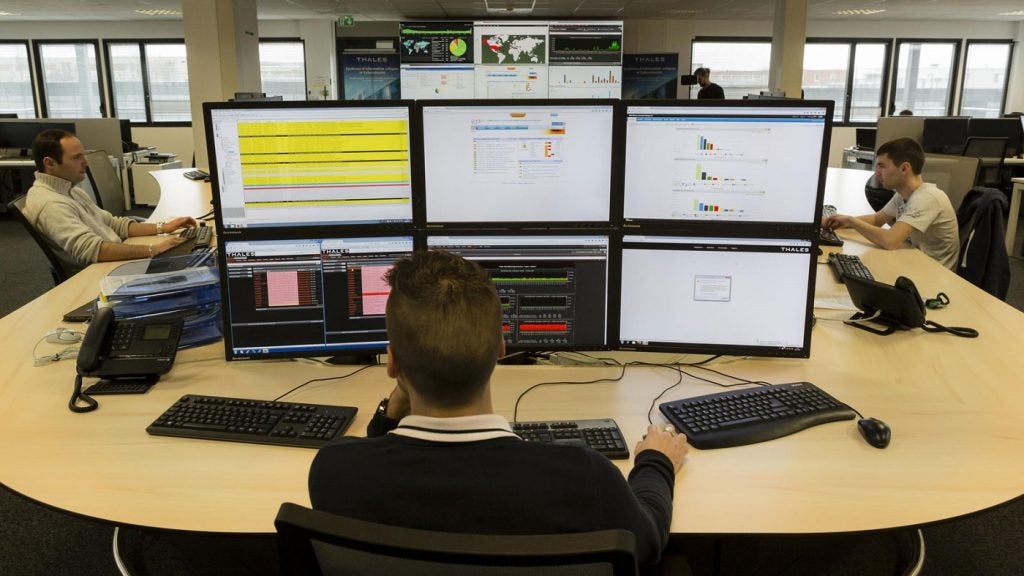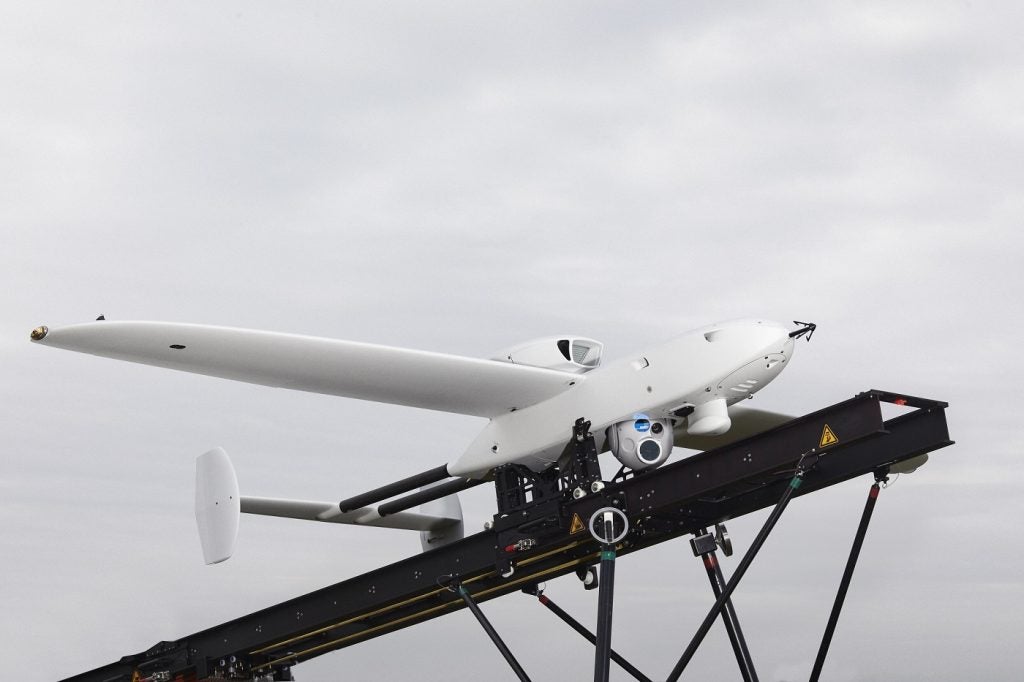Saudi Arabia has become one of the top eight countries worldwide in global defence spending amid a push to position itself as an aerospace power on both a Middle Eastern and international level.
After the US, China, India, Russia and the UK, Saudi Arabia is the sixth largest defence spender worldwide, according to GlobalData’s Space Systems in Aerospace and Defence report.
This is part of the kingdom’s push to fortify its defence capabilities in a region rife with geopolitical tensions – and to establish a thriving, profitable military-industrial complex.
Space defence systems are expected to play a key role in this expansion. Nations have pricked their ears at announcements that the global space economy is forecasted to be worth $1trn by 2040. There lies considerable value in elements such as gold, platinum, iron and cobalt which can be retrieved from moon-orbiting asteroids.
Earlier this year, Saudi Arabia sent its first astronauts to the International Space Station on a vessel built and controlled by Elon Musk’s SpaceX. This included Rayyanah Barnawi, a stem cell researcher, who became the first Saudi woman in space as part of the private Ax-2 mission.
The Saudi Space Agency
A Saudi presence at the International Space Station builds on the formal launch of the Saudi Space Agency in 2018.
Under the chairmanship of Prince Sultan bin Salman bin Abdulaziz Al Saud, who became the first Arab to travel into space in 1985, the agency operates two Earth observation satellites: SaudiSats 5A and 5B. These are widely believed to conduct both civilian and military missions.
Saudi Arabia also has a majority share in the Arab Satellite Communications Organisation (Arabsat), which operates seven communications satellites. The report says Saudi Arabia intends to establish an independent space force branch in its military to protect its space assets going forward.
27 countries have operated military space systems. Brazil, Canada, Chile, Colombia, Egypt, Iran, Qatar, and South Africa are among those boasting a sole indigenous defence satellite.
Saudi pushes for a military-industrial complex
Over the next five to ten years, the commercialisation of space will be one of the most impactful trends influencing military satellite systems, the report says.
There is a significant overlap between the commercial and defence space sectors, with “few firms operating as pure play in either sector”.
This overlap will be key as Saudi Arabia looks to establish its own military-industrial complex. Self-sufficiency has long been the focus of Crown Prince Mohammed bin-Salman’s ‘Vision 2030’, which aims to bolster its domestic defence industry, innovate satellite technology, and forge strategic alliances on the global stage.
Saudi’s defence expenditure as a percentage of GDP averaged 7.9% over 2019–23, one of the highest ratios in the world.
With such spending, Bin-Salman covets the geopolitical clout and weapons offered by an alliance with the US above all.
Access to the US’ drones, missiles, jets and nuclear weaponry was a leading factor in bringing Saudi Arabia to the table at landmark US-brokered negotiations to normalise relations between Riyadh and Middle Eastern rival Israel on 26 September.











